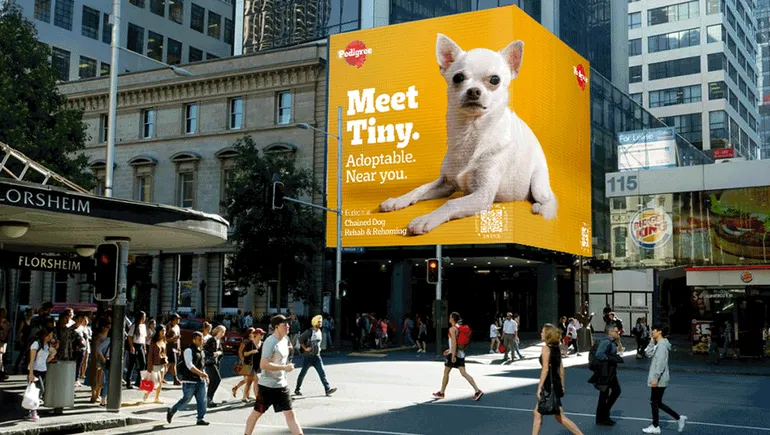
General Mills CMO predicts ‘amorphous’ agencies in the future
Dive Brief:
- Speaking about the future of agencies at Advertising Week on Thursday, General Mills CMO Ivan Pollard suggested that clients, and particularly CPGs, need partners who can do three things: draw up big, breakthrough creative ideas, use their external voice to generate insights that brands cannot see themselves, and leverage data and analytics to convert those insights into business drivers.
- Pollard also predicted how the working model of agencies will change. He suggested that automation will take over functions related to finance, legal services and human resources, and that media buying could get “outsourced completely to machines.” Automation will also increasingly creep into the creative process, with the best agency talent being able to layer old world ad knowledge on top of a new technology toolkit.
- Pollard, who worked in the agency space for years at firms like Wieden & Kennedy before moving client-side, sees future agencies tapping outside networks of experts to fill in the gaps for skills they do not have, citing industrial design or e-commerce marketing as examples where outside expertise could be leveraged. The gig economy, which rough estimates pin at comprising around 75 million workers in the U.S., could play a larger role in supporting those networks and the small core creative teams that Pollard believes agencies must preserve moving forward.
Dive Insight:
Pollard’s forecasts suggest that trends that have started to disrupt the agency sector in recent years will continue to accelerate, with a higher premium put on data and analytical capabilities from clients and the further consolidation of vast, complex agency networks. Major deals this year have supported the executive’s predictions on the former front: Publicis acquired the data marketing firm Epsilon for $4 billion in July, making for one of the largest deals in agency history and a similar move to prior acquisitions by Dentsu and IPG.
“Starting with data and analytics, that is a critical backbone for a lot of decisions that we’re now making on behalf of clients,” said Jon Wilkins, executive chairman of Accenture Interactive’s Karmarama, who also sat on the panel and cautioned that an obsession with micro-data can lead to “creative dead ends.” Filling out the panel was illustrator Peter Arkle, who drew aspects of the discussion live on a screen.
How agencies will balance the need for expertise in other technology areas where it is costly to acquire outside firms or grow that expertise internally is an open question. Kamarama’s presence on the panel points to one option: getting bought by a global management consultancy, though Wilkins said he believes it “unlikely” that any of the larger holding groups will be acquired by the likes of Accenture.
Pollard’s nod to larger role for the gig economy model at agencies was interesting, as some of the trappings that define the gig economy and keep its labor costs low are being upturned in key states like California. New legislation around workers’ benefits follow criticisms that the gig economy can be exploitative. But the current infrastructure of large agencies may simply be too restrictive for younger, more diverse workers focused on agility, according to Pollard.
“There is going to be a talent pool that does want to work that way, that doesn’t need the structure of an old fashioned agency,” Pollard said. “The agency of the future will be one that we can’t pin down structurally. It’s amorphous.”
The CMO’s musings on what the client community ideally wants from agencies followed scrutiny over how General Mills treats its own partners. At the start of the year, the packaged food giant launched a creative review process that drew disbelief from agency participants, according to Adweek. Chief among the issues were General Mills reportedly not compensating agencies participating in the pitch process and demanding to retain full ownership of any creative concepts shared.
“I’ve personally taken quite a bit of flak, and so have the other CPG marketing officers,” Pollard said. “Let me be super clear: I actually want agencies to make money. I want them to make lots of money because if they’re making money and they’re getting rewarded for it, it’s because I’m making money.”
Pollard also said that agencies must work harder to win back his trust and money. Even as much of the executive’s thoughts were focused on the future of agency work, he touted the benefits of more traditional means of operating, albeit with a technology-oriented approach.
“What occurs to me though is that the old model of value-based compensation is still the right one,” Pollard said.
“I just wonder why we’re not applying data and analytics to understand the value of what gets created by an agency’s strategic thinking,” he added. “Using data and analytics to determine what slice of incremental value created needs to go back to the agency — that is going to get increasingly profitable.”





